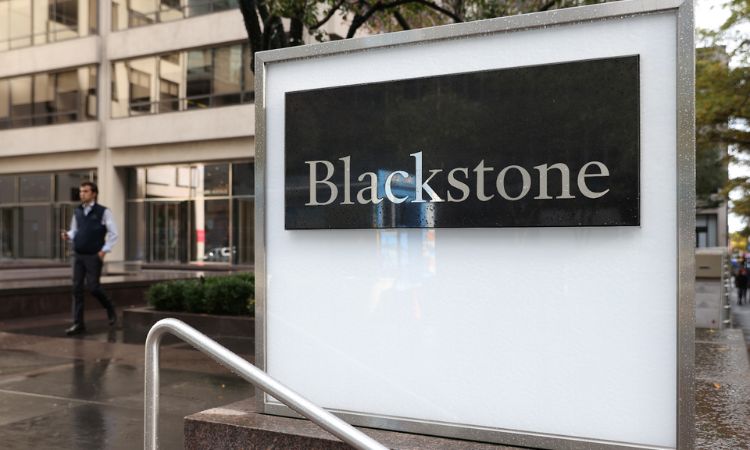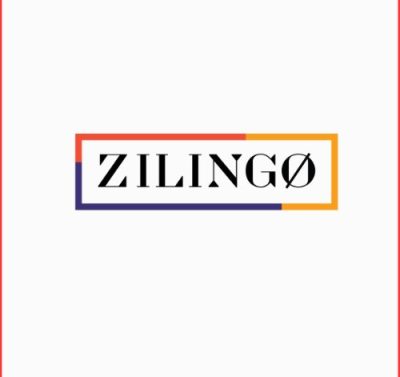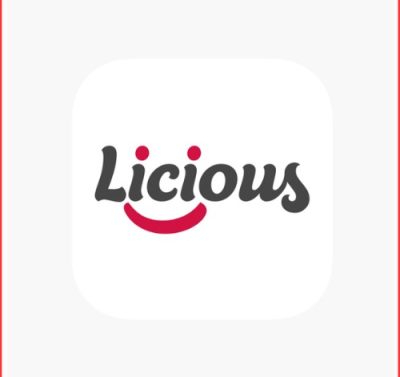Blackstone, an equity firm is preparing to make an offer, for a significant share in Cipla, which happens to be the third largest generics company in India. If successful Blackstone could potentially acquire up to 59.4% ownership of the company. This development might result in the departure of Cipla’s founding family. Investors are currently showing a preference, for established healthcare models. This move aligns with that broader trend.

Blackstone, a private equity fund, is gearing up to present a preliminary bid next week for the complete 33.47% promoter stake in Cipla, India’s third-largest generics company in terms of revenue. This move, reported on Friday, initiates a formal process that might lead to the Hamied family’s eventual departure from the company they established back in 1935.
Blackstone’s action is expected to set off an open offer for an additional 26% ownership in the company. If fully subscribed, this maneuver could potentially grant Blackstone ownership of up to 59.4% of the prominent pharmaceutical firm. Such a scenario would mark one of the most substantial buyouts driven by private equity in the Indian market.
Cipla, currently valued at Rs 94,043 crore, places the promoter stake’s standalone value at around Rs 31,476 crore ($3.80 billion). In the event of full participation in the open offer, Blackstone’s expenditure might extend to Rs 55,926 crore ($6.75 billion), with the possibility of a significant control premium being applied, according to the report. As a response, Cipla’s shares experienced a nearly 4% increase, reaching Rs 1,210.70 on Friday.
With a presence spanning over 80 countries, Cipla offers a diverse portfolio of more than 1,500 products across various therapeutic categories.
Recent reports have indicated that Cipla is actively considering a stake sale to major private equity players like Blackstone and Baring Asia. Concurrently, the pharmaceutical company seeks a strategic investor to revitalize its future strategy, enhance capital allocation and operational efficiency, and bolster return metrics.
This development coincides with a trend in which fund managers are shifting focus from the burgeoning health-tech sector to pursue opportunities in traditional healthcare domains, including hospitals. This shift is attributed to prevailing macroeconomic challenges. The ongoing preference among consumers for in-person clinics over online consultations as the pandemic recedes is further driving this shift.
Investors are now drawn to growth-stage transactions that prioritize injecting capital into well-established business models boasting a proven track record, even if the deal sizes are notably larger.
In a standout healthcare transaction this year, Singapore’s state investor Temasek secured an additional 41% stake in Manipal Health Enterprises, raising its total ownership to 59% for a total of $2 billion. Other deals have seen notable activity, including Kavery Medical Centre & Hospital obtaining $70 million from IIFL AMC, and Ferty9 Fertility Center amassing an undisclosed sum from Verlinvest.















